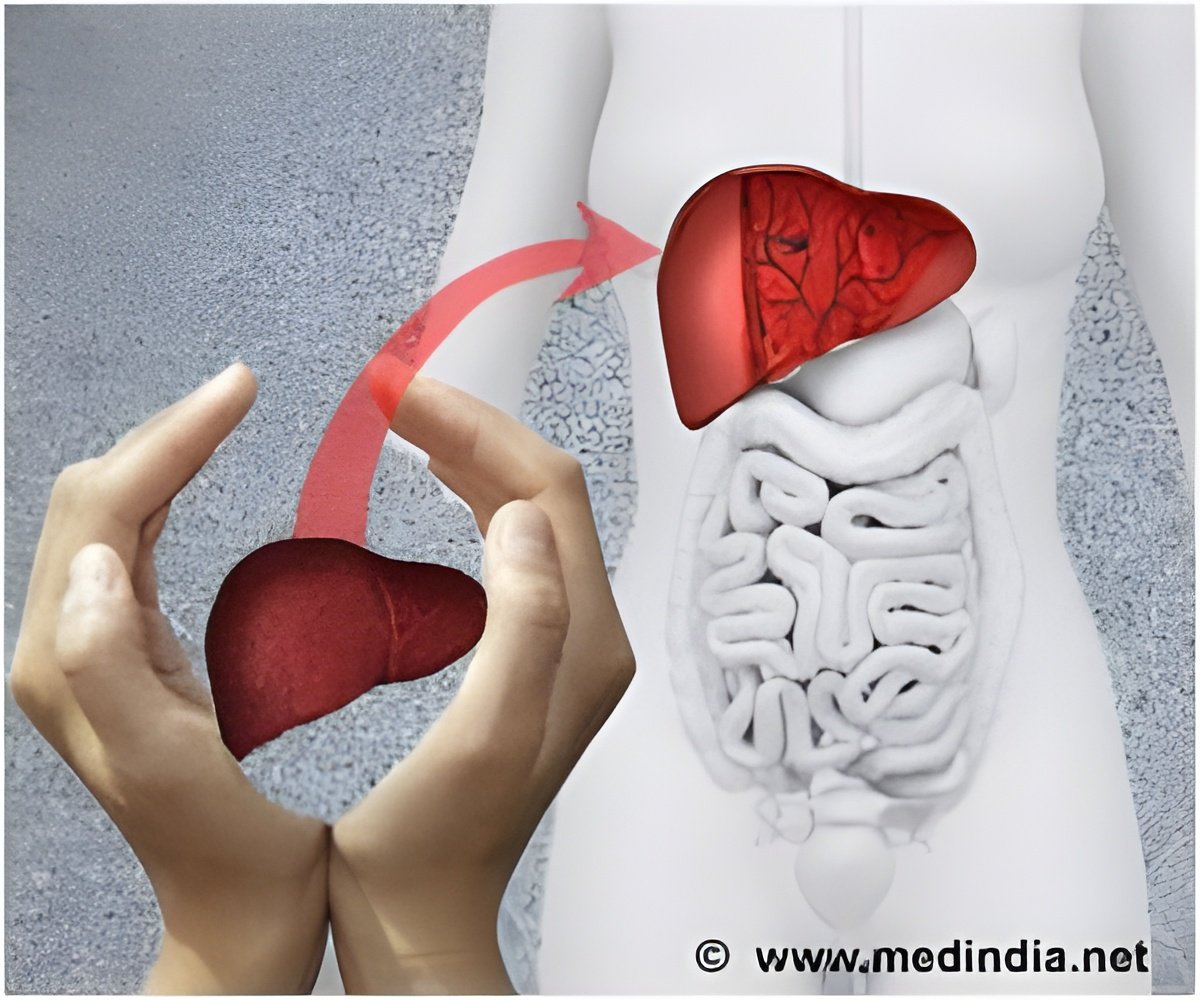
Some believe there is something unique about the fructose molecule or the way it is metabolised and blame it for the obesity epidemic.
A latest meta-analysis of all available human trials has found that fructose in and of itself is not to blame for the increase in non-alcoholic fatty liver disease.
"But excess consumption of calories can contribute to the disease, regardless of whether those calories came from fructose or other carbohydrates," said lead author John Sievenpiper, a researcher in the Clinical Nutrition and Risk Factor Modification Centre of St. Michael's Hospital here.
"The one thing fructose is supposed to do above all else is give you fatty liver disease, which some say is a starting point for metabolic syndrome," added Sievenpiper.
"But we found it behaves no differently than glucose or refined starches. It is only when you consume excess calories in the form of fructose that you see a signal for harm but no more harm than if you consume excess calories as glucose," he explained.
Advertisement
It is when fructose is overconsumed providing excess calories that you see the adverse effects on health, but no more than when other carbohydrates are overconsumed.
Advertisement
The results should serve to remind people that the excess calories, whether they are from fructose or other sources, are the issue, said the study published in the European Journal of Clinical Nutrition.
Source-IANS










